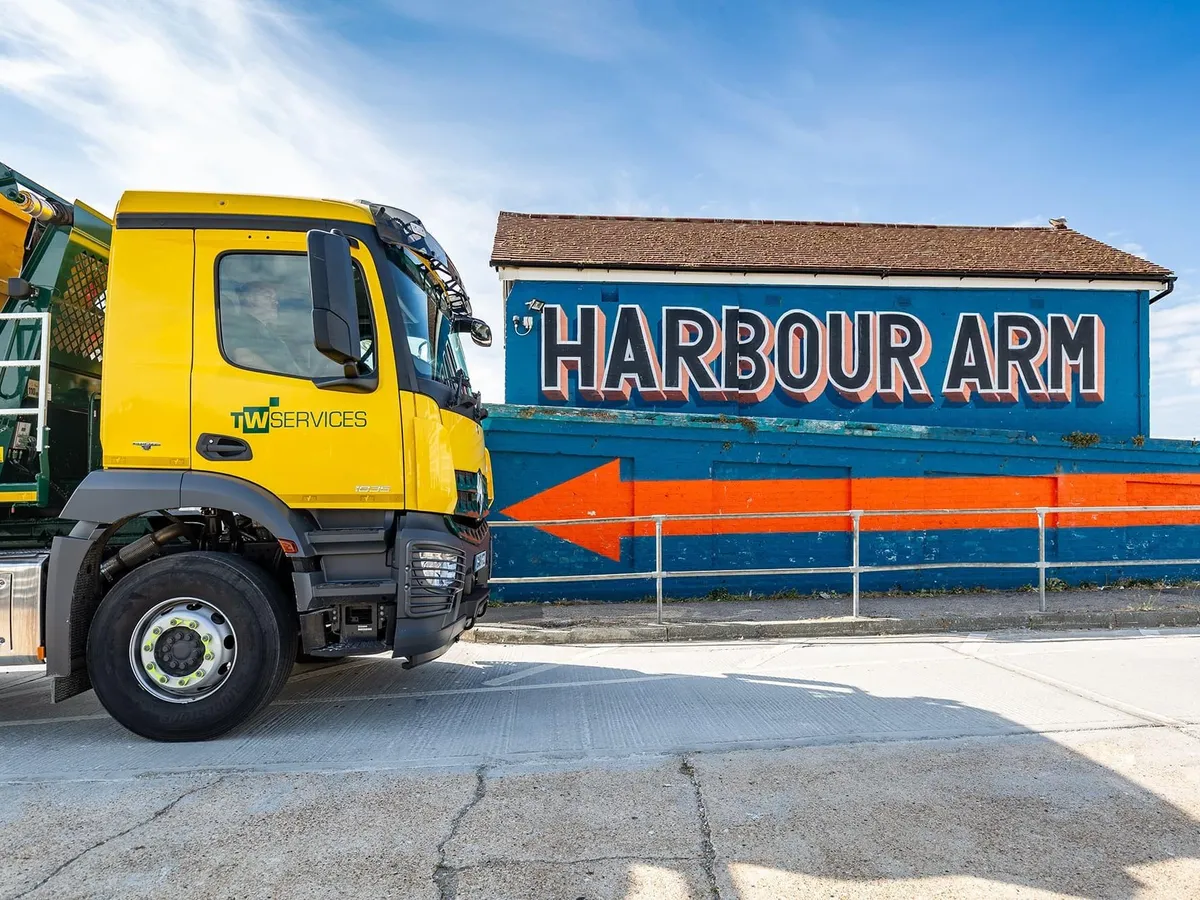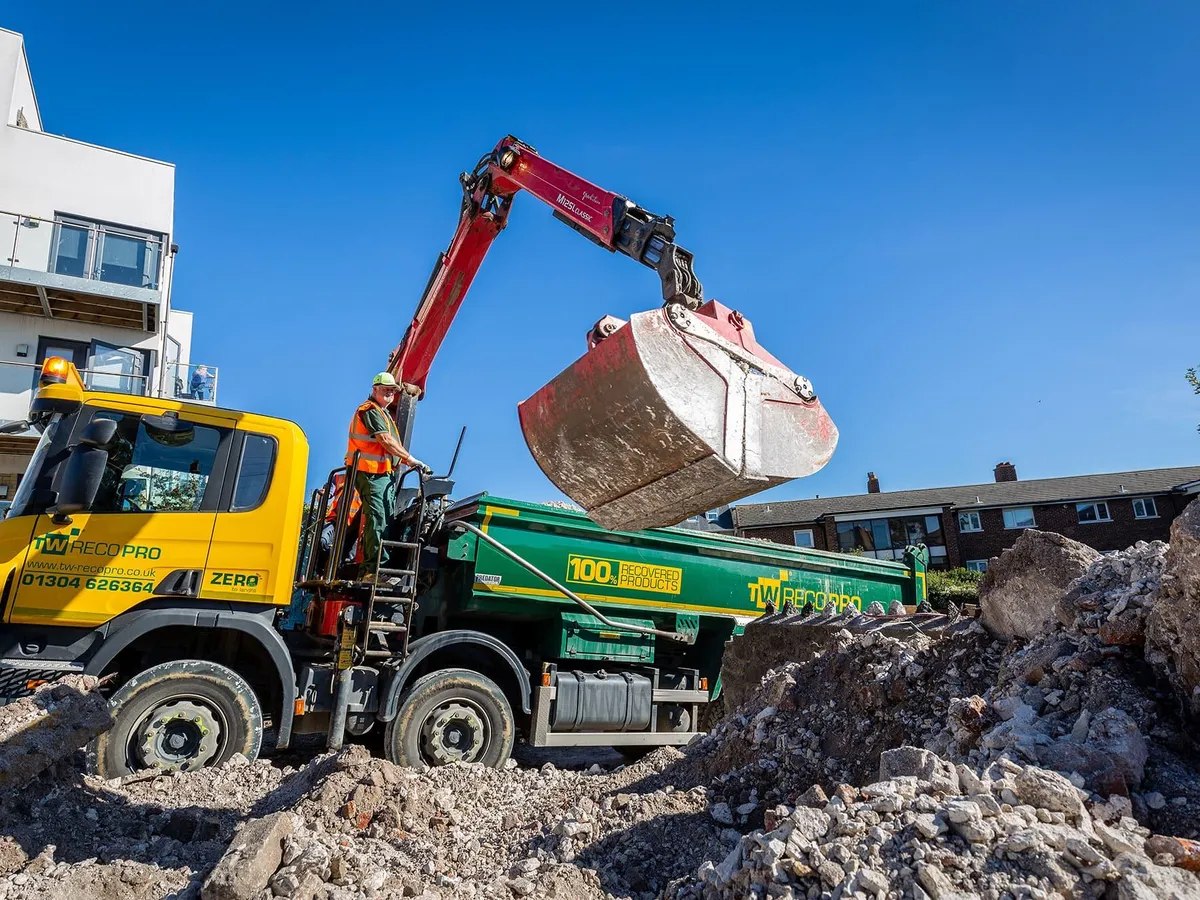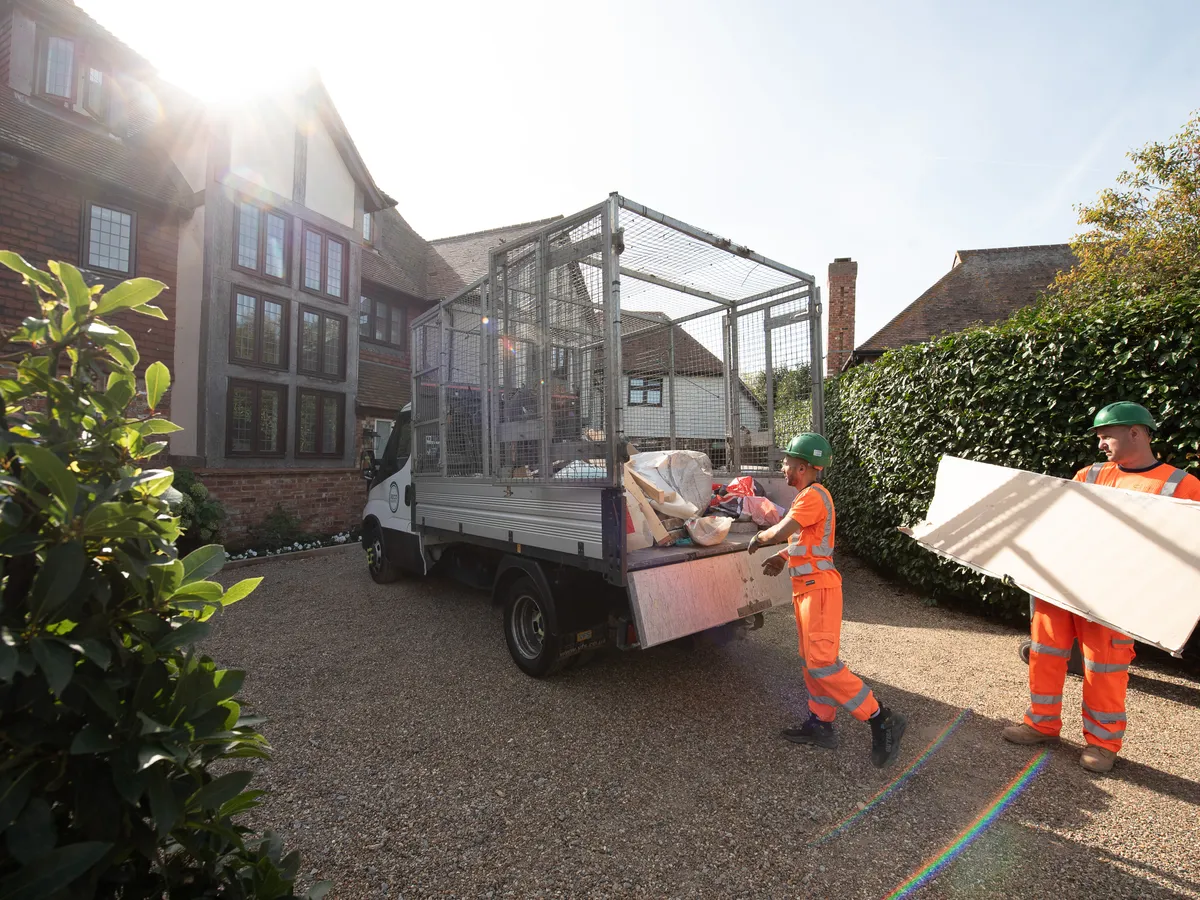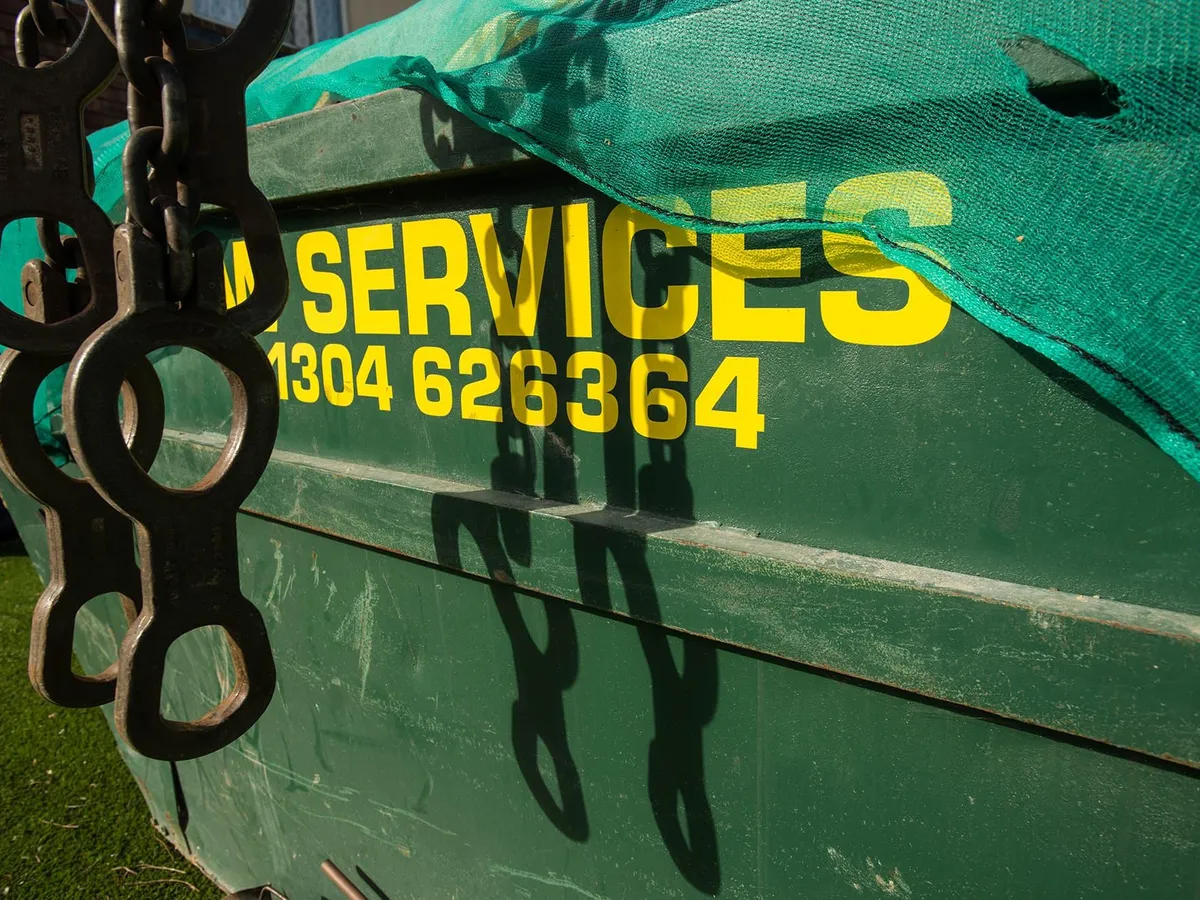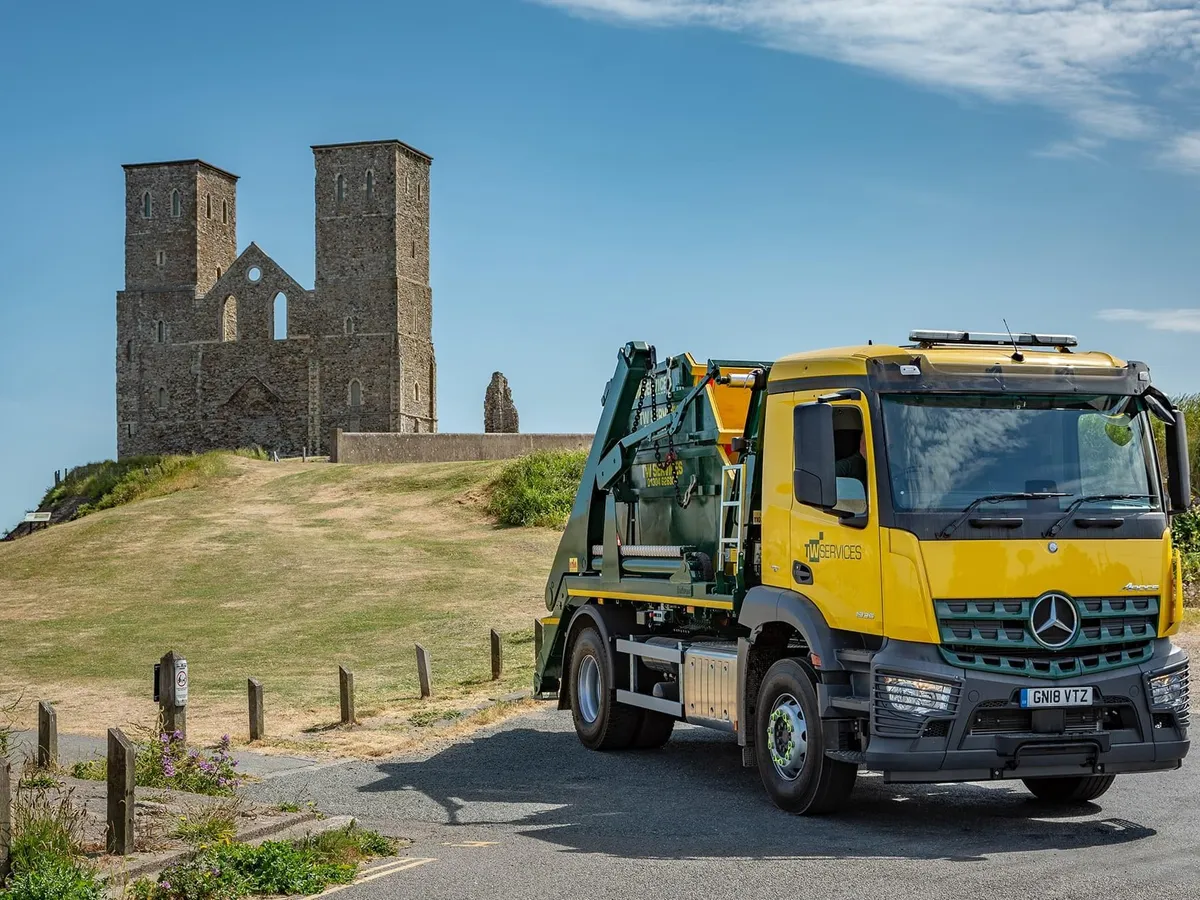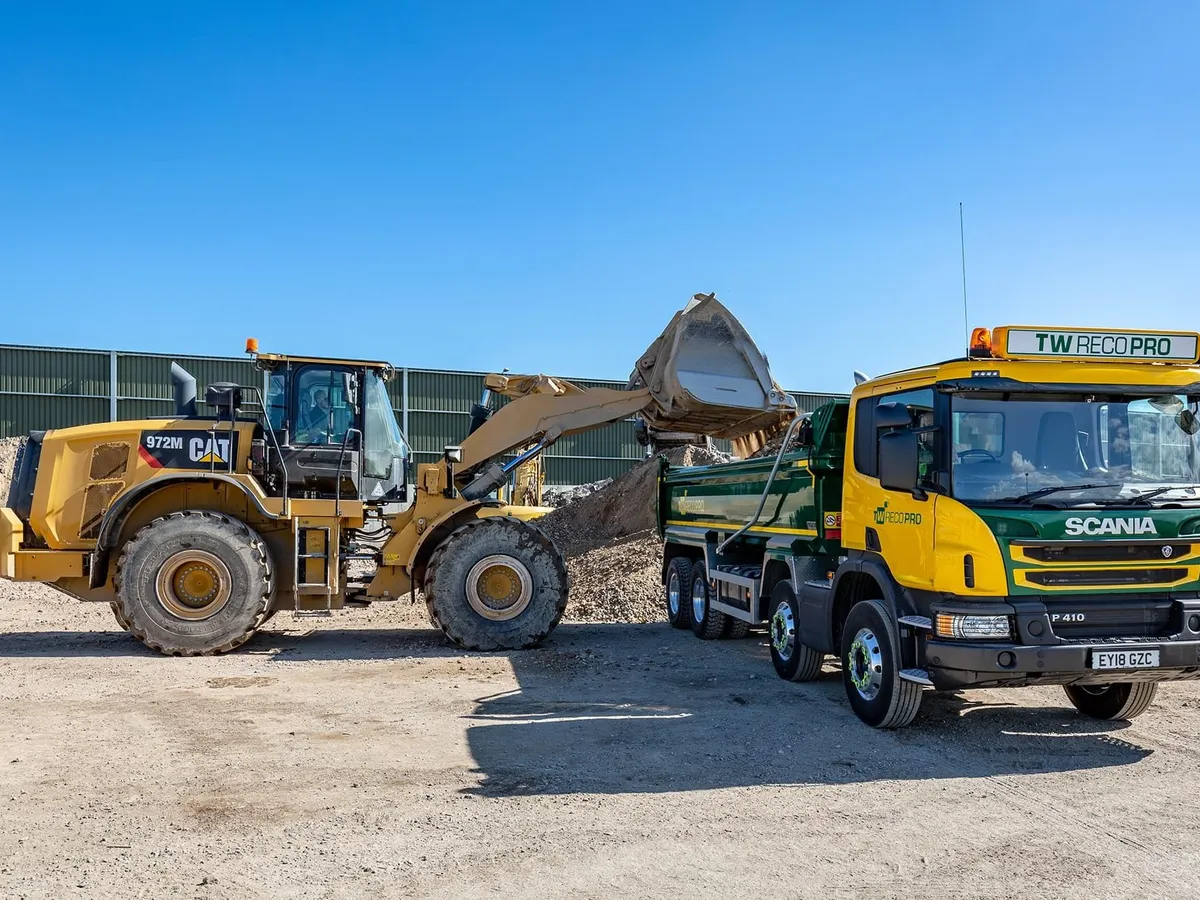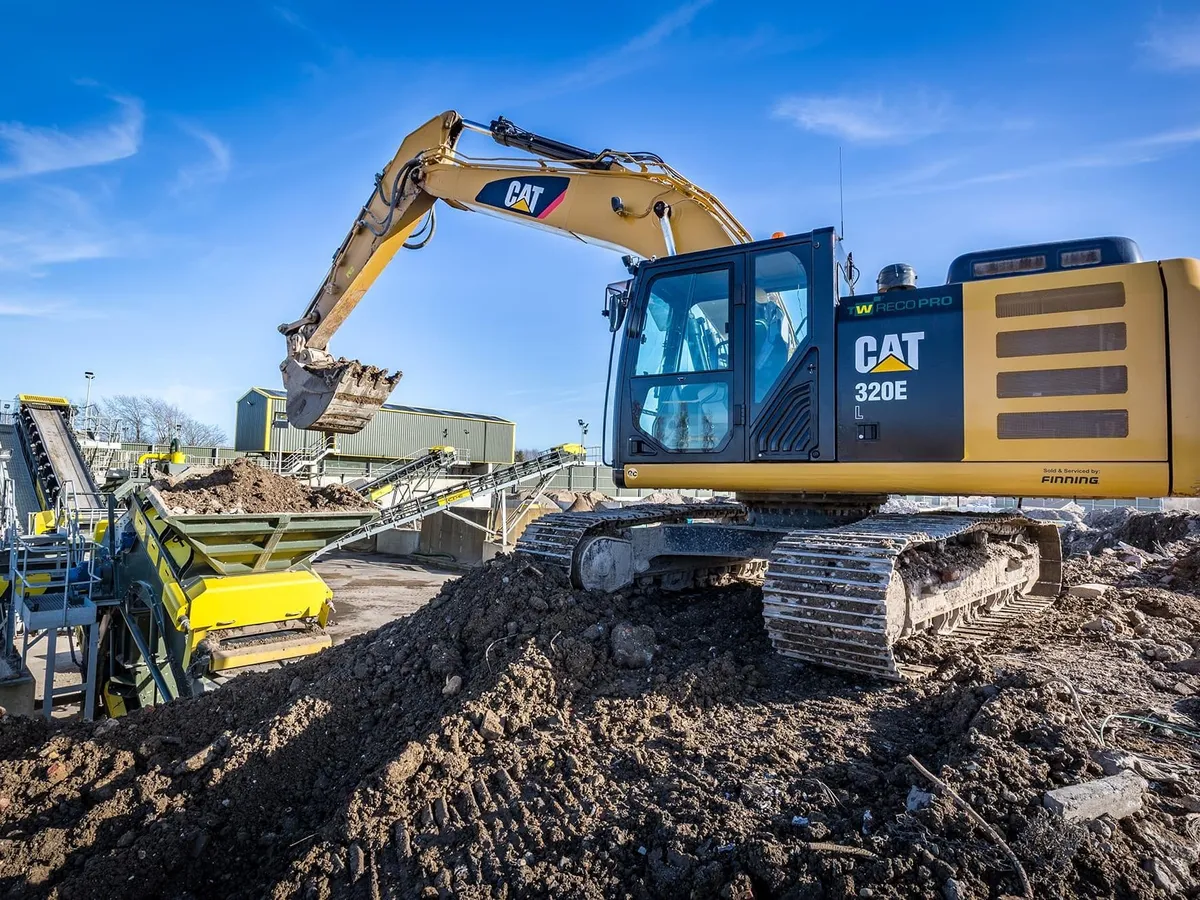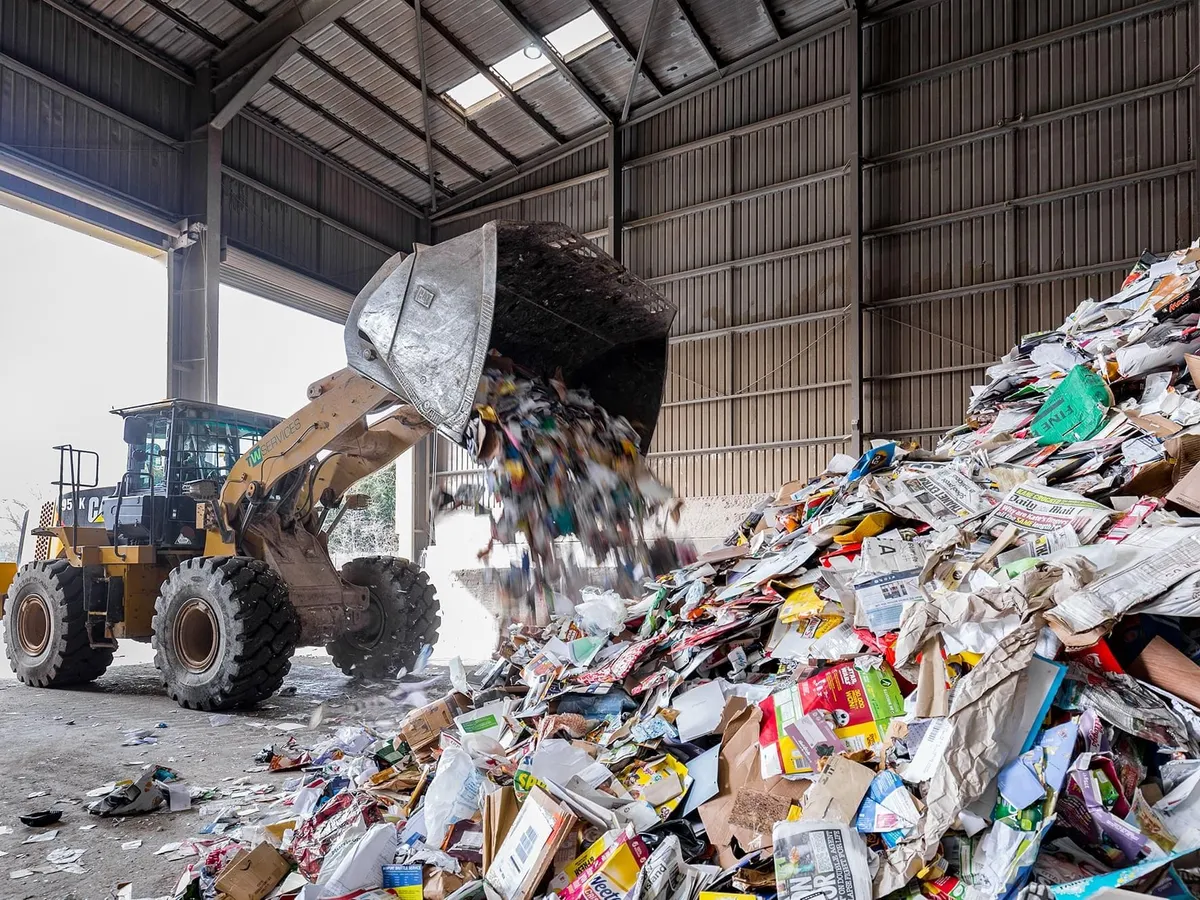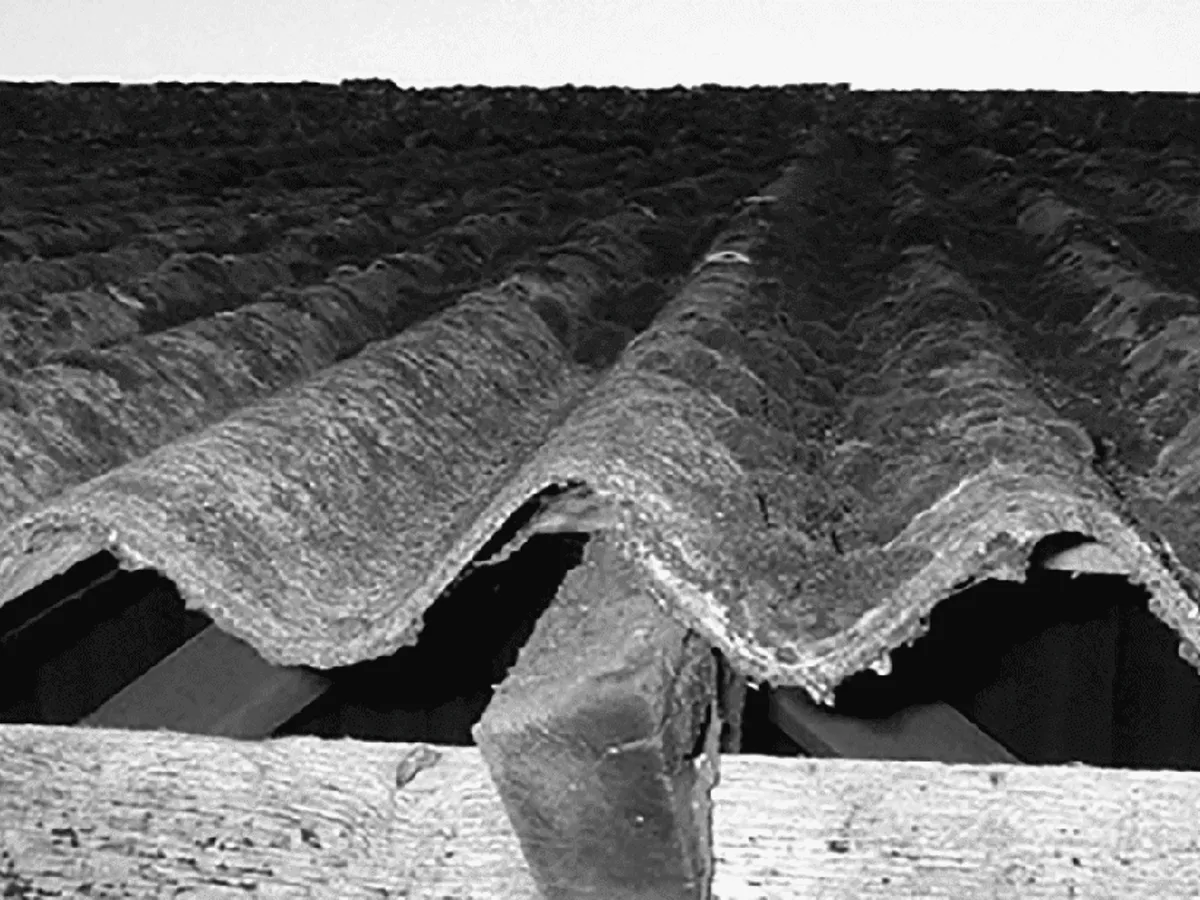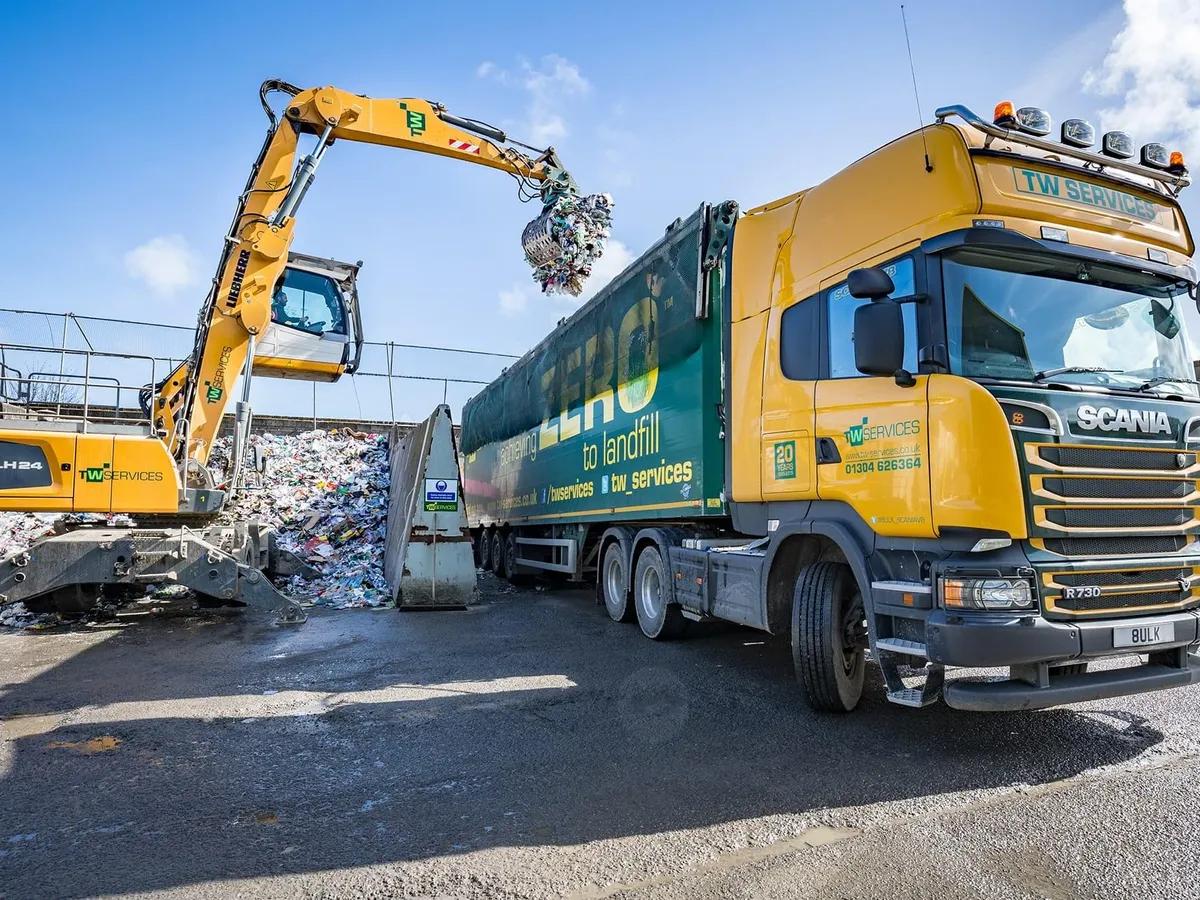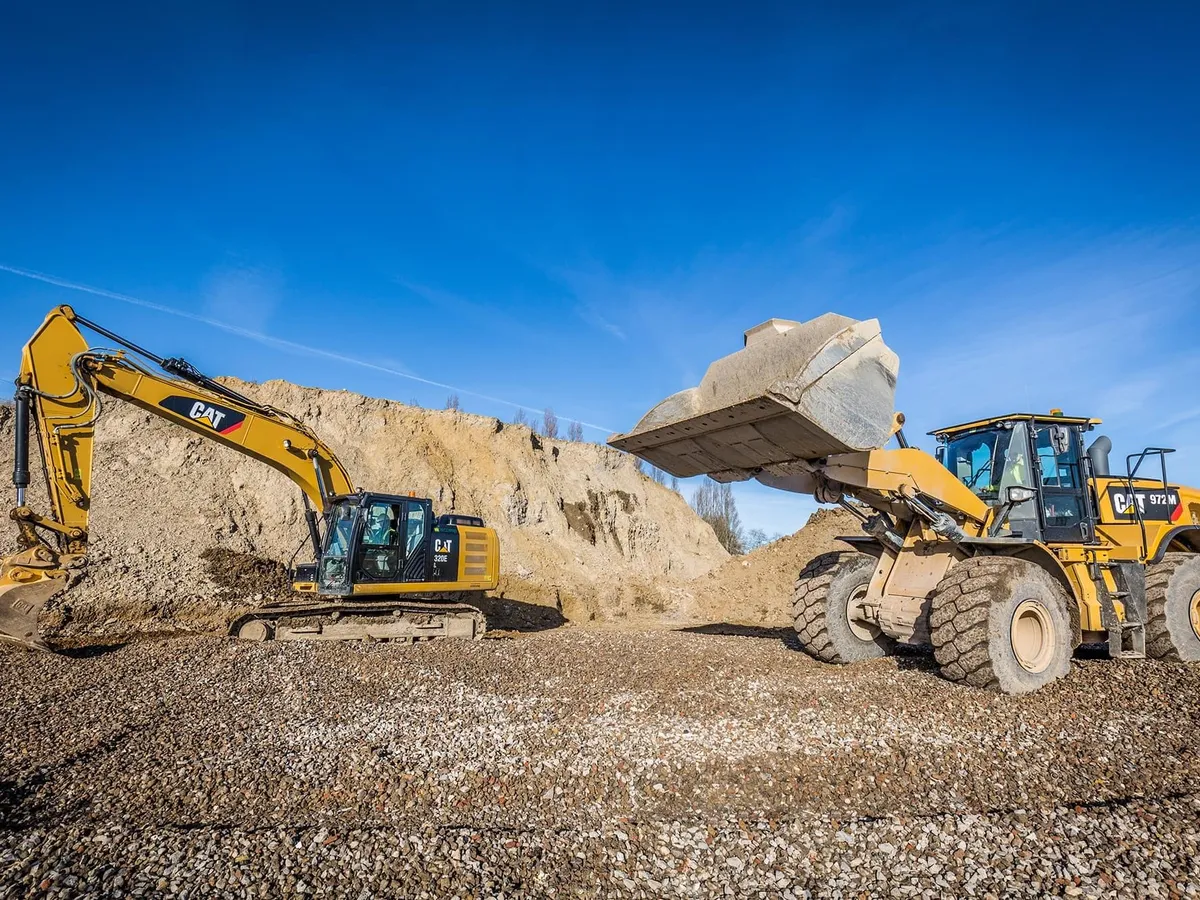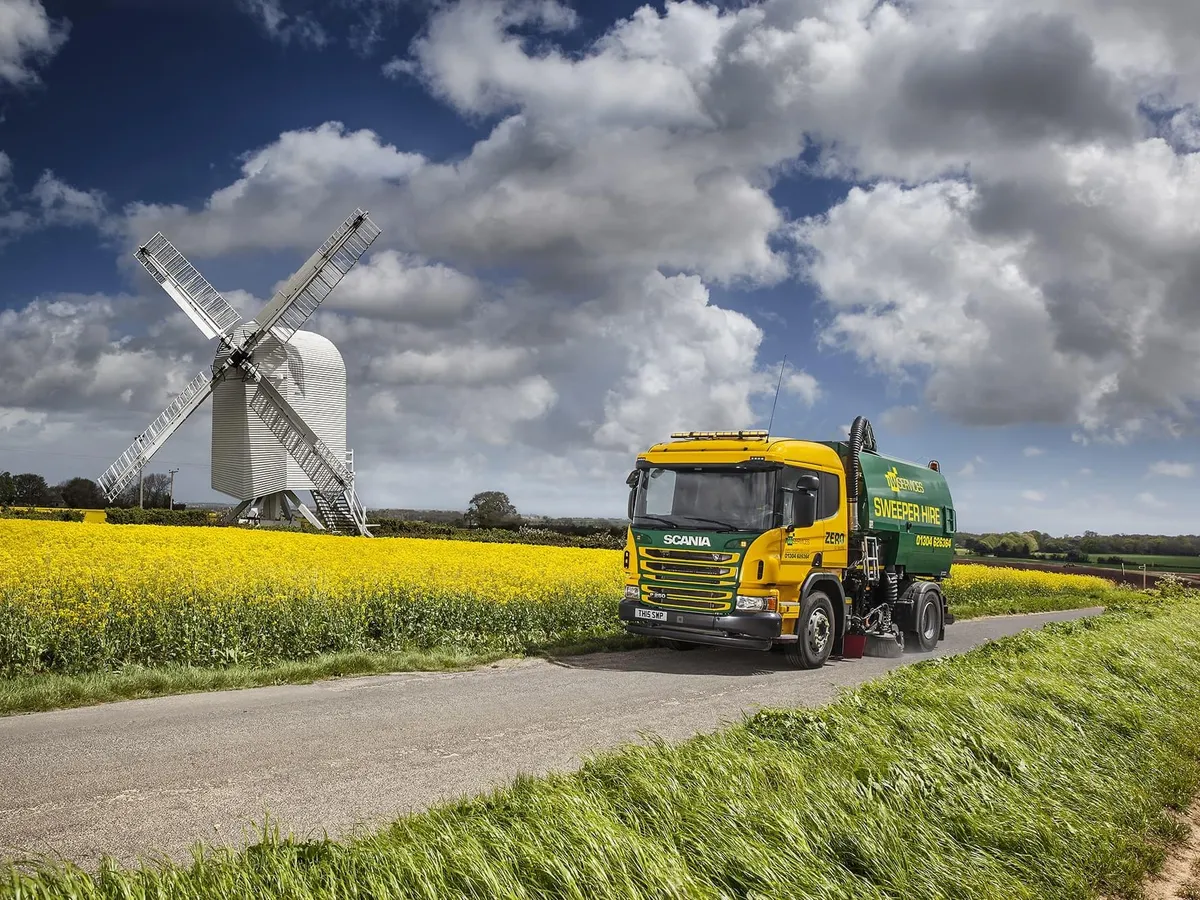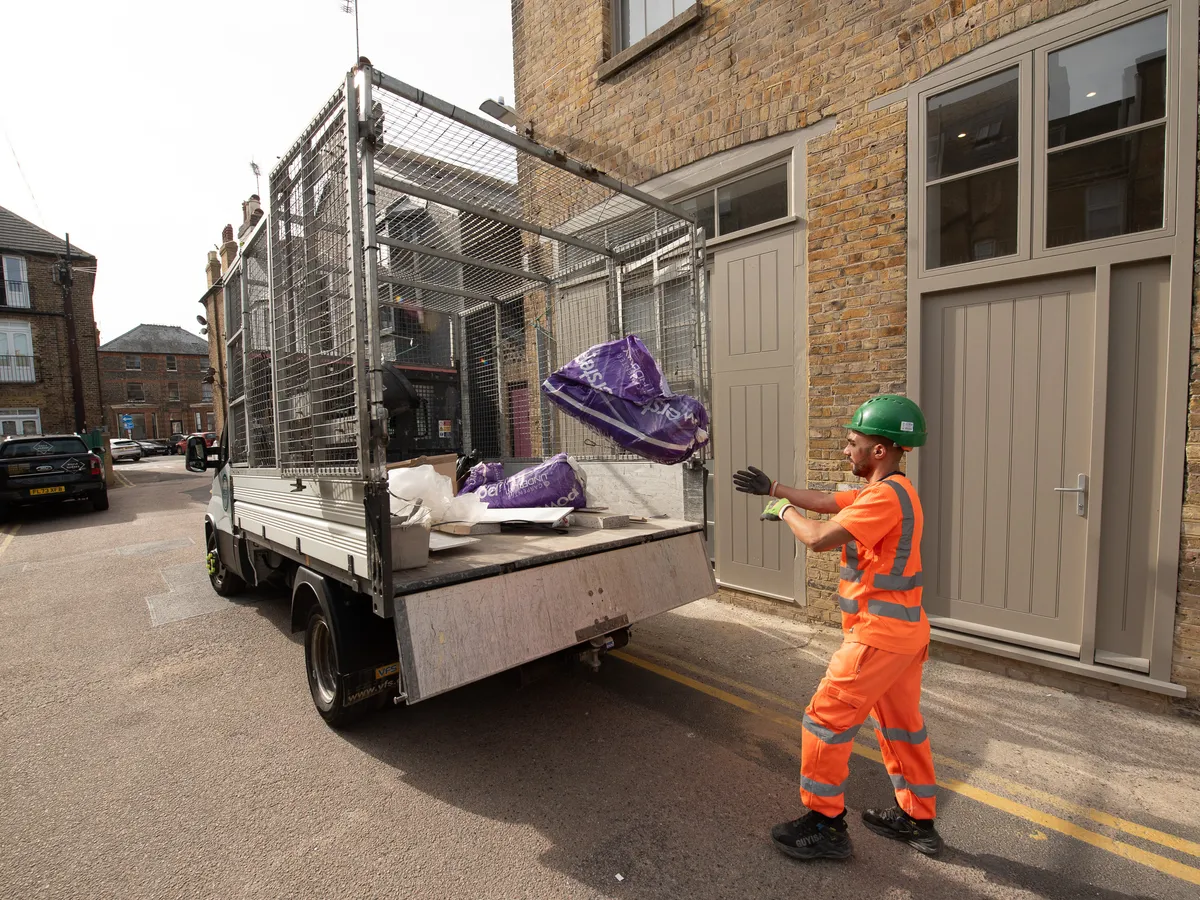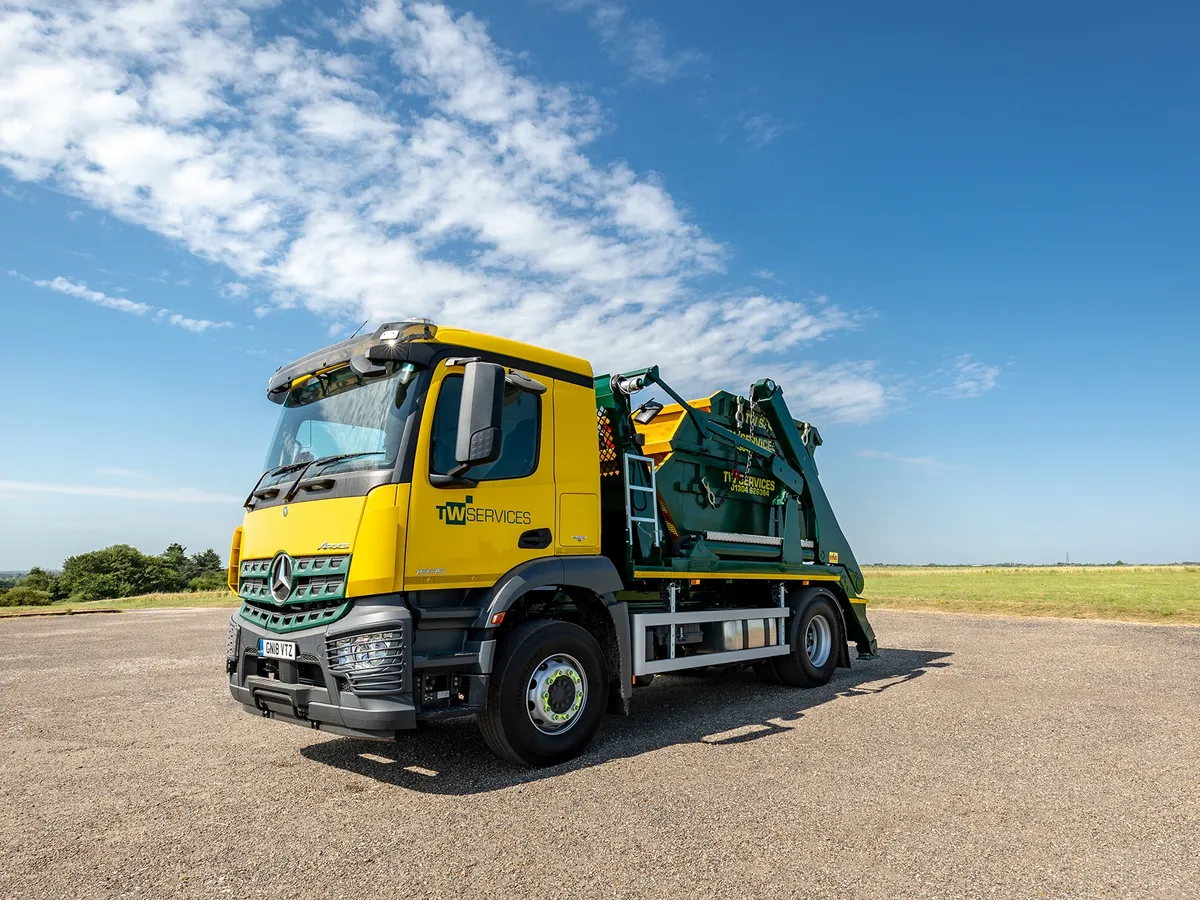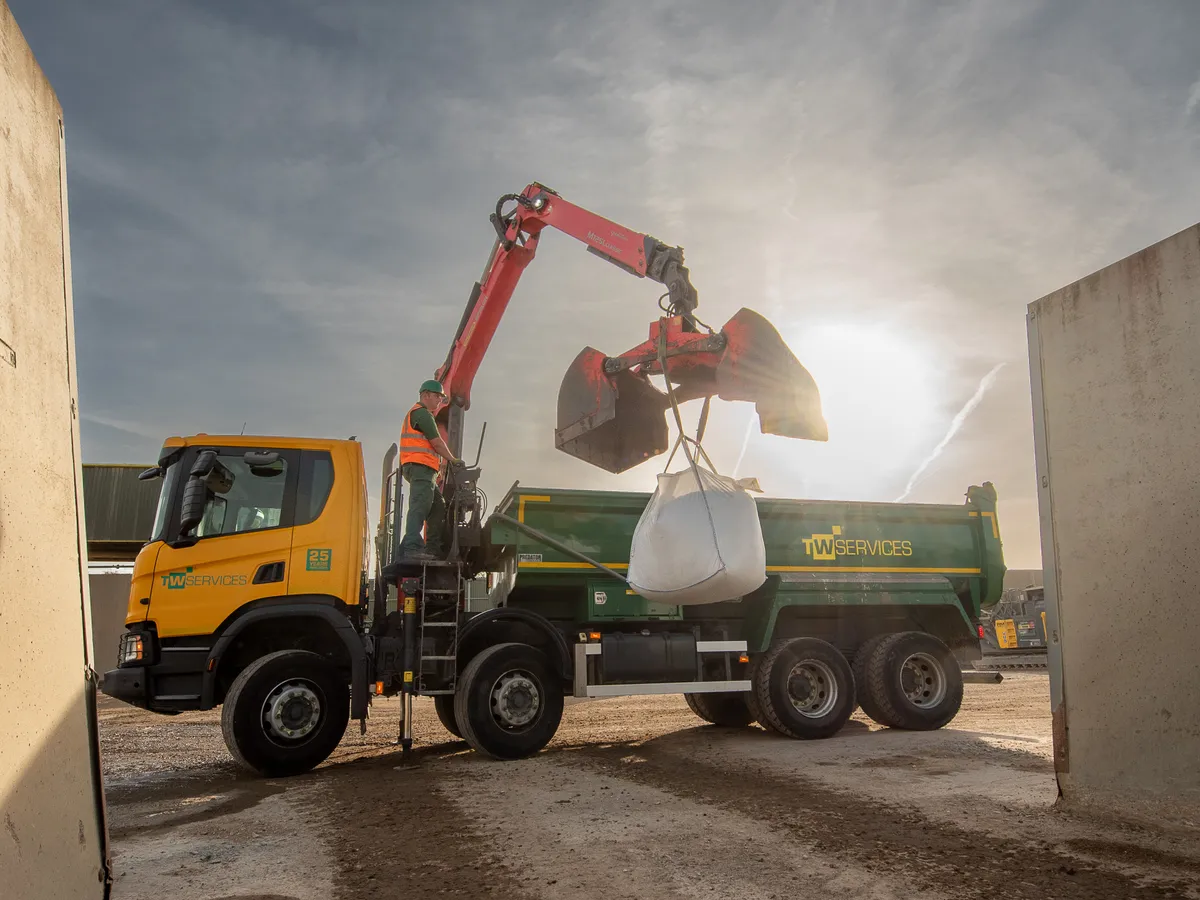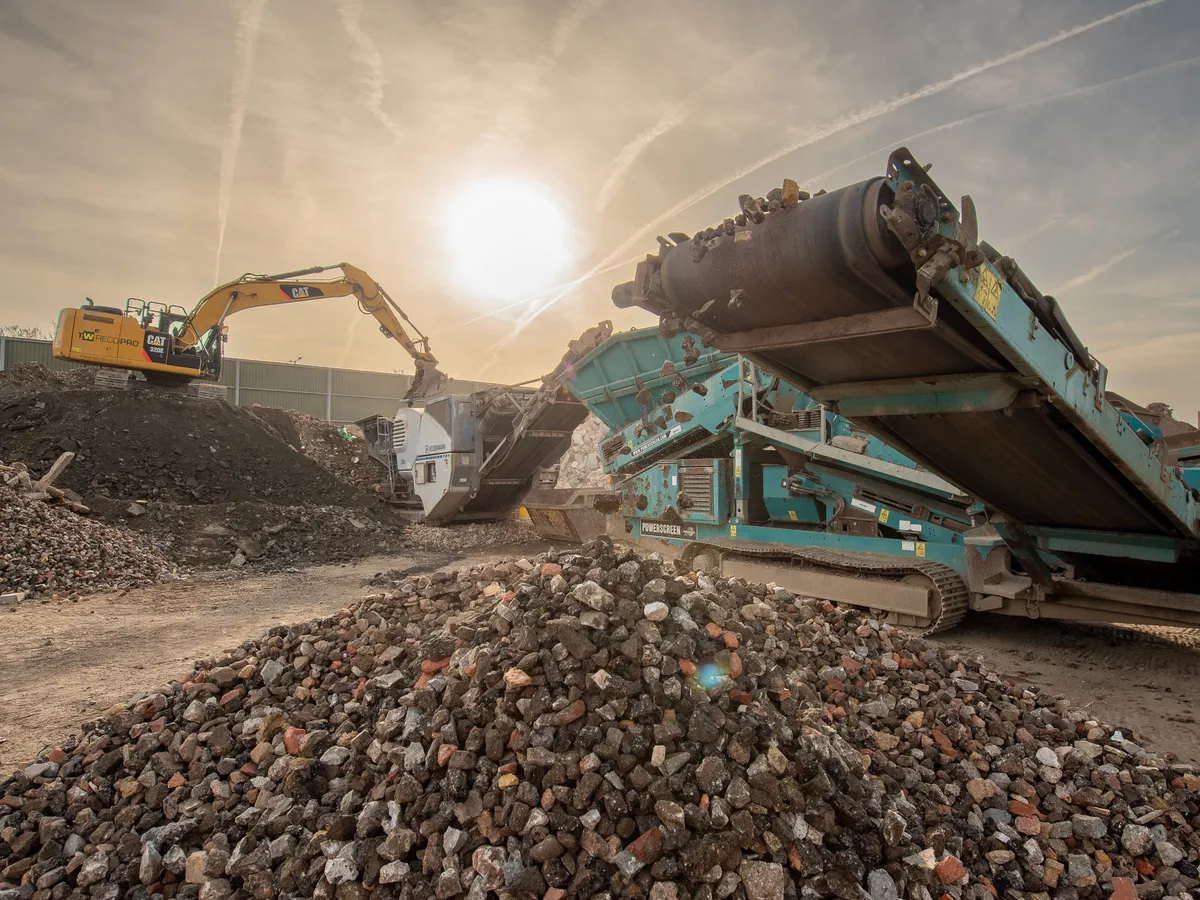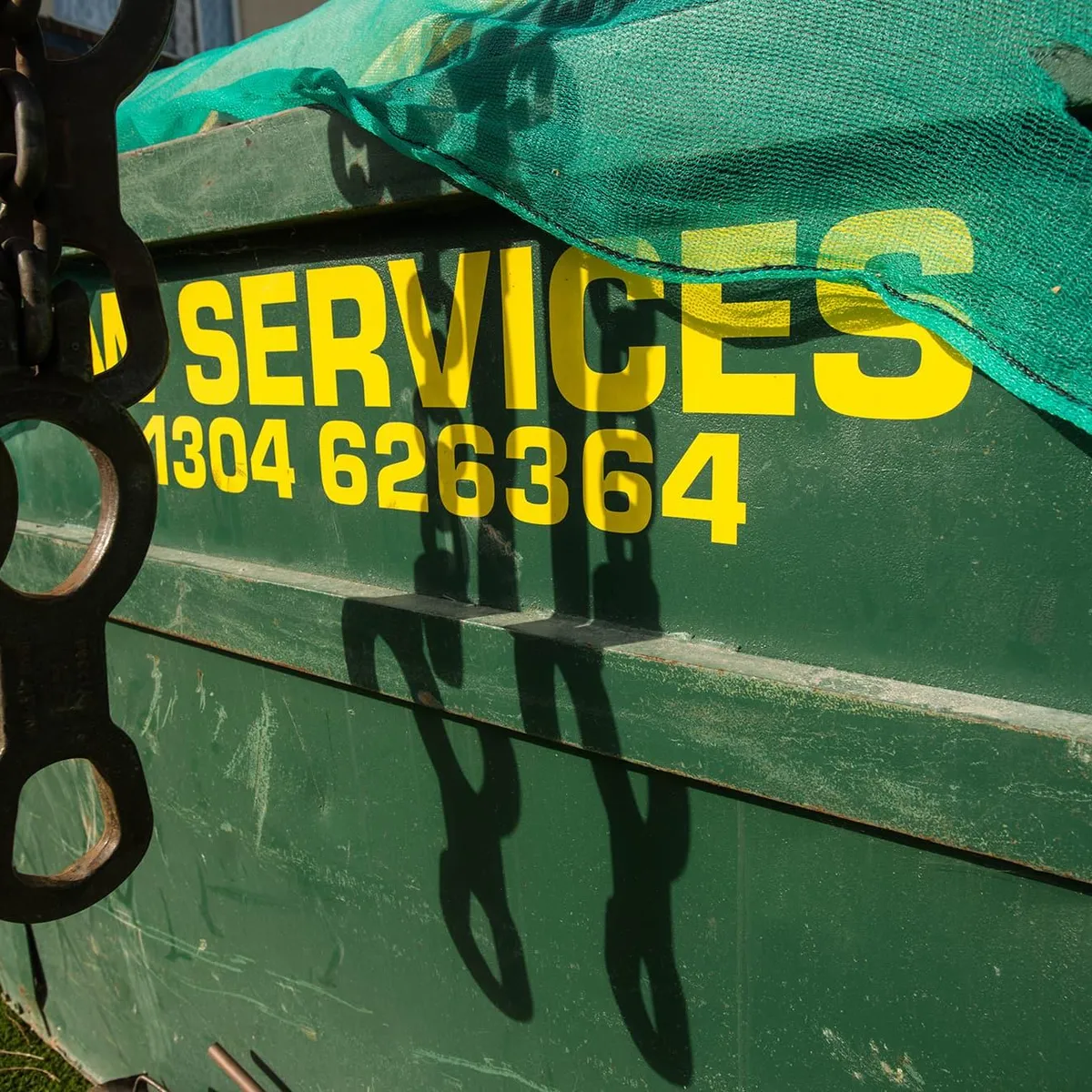
Your Complete Guide To General Waste Skips
General waste skips are here to make your renovation process or business waste removals a lot easier. These tools allow you to get on with the job without worrying about waste disposal or tidying up as you go.
However, if you’ve never hired a skip, you might not know which type your project needs. Forget Googling “What is a general waste skip?”. We’re here to save you from endless hours of scrolling.
In this blog, we’ve gathered all the information you need if you’re new to general waste skips. From what materials they can take to whether a general waste skip is right for you, you’ll be an expert once you’ve read this page.
Scroll down to learn more.
What is a general waste skip?
A range of different skip options are available, so it’s important to get clear on which is right for you.
A general waste skip is a large container used to dispose of non-hazardous waste. These containers can be used for domestic projects, commercial needs, and industrial businesses. As long as the waste sits within the “general” category, you can use a general waste skip for your project.
What materials can go in a general waste skip?
So, what is defined as general waste?
Waste that can be disposed of in a general waste skip includes generic household waste, carpets, furniture, mattresses, packaging, general garden waste, timber, plastic, tree branches, grass cuttings, and more. Building waste can be placed in general skips, including inert waste like broken concrete, soil, and bricks.
What materials can’t go in a general waste skip?
After “What is a general waste skip?” The second most asked question we hear is, “What items can’t go in a general waste skip?” Since these skip options are versatile, it’s often easier to look at recyclable waste materials they can’t take.
Waste you can’t put in a general use skip includes:
Hazardous waste
Large batteries
Large electrical items
Microwaves
Old computers
White goods
Chemicals
Asbestos
Fluorescent bulbs
When you reach out to hire a skip, your contractor will give you their individual guidelines about the do’s and don’ts for your general waste skip. Most providers follow similar guidelines, but it’s always best to double-check because factors like skip weight capacity can vary.
Find out more about our skip guidelines via our expert blog post on what can and cannot be put into a skip.
What size is a general waste skip?
Not all skips are built equally!
Typical skip sizes include:
General waste skips are available for all project sizes. From 4-yard skips to 12-yard skips, most skip contractors (like TW Services) will provide a diverse catalogue of options to suit your project’s parameters. See our options on our skip sizes and dimensions page.
Is a general waste skip right for me?
Deciding whether a general waste skip is right for your project is an essential step. Once you’ve found a skip that fits your project needs, you can get on with the job and reach a satisfying solution without any waste worries.
The TW Services team is always on hand to help you find the right skip and dispose of your waste the right way for a greener future. With an abundant range of skip sizes and a commitment to a “Zero to Landfill” policy, we’re here to make your waste disposal easy. We've been in the skip hire industry for long enough to know exactly what we're doing.
Learn more about our domestic skip hire in Kent now, or call 01304 626364 to speak with our knowledgeable team. Or complete our enquiry form below, and we’ll get back to you within the next 24 hours with skip hire prices.
